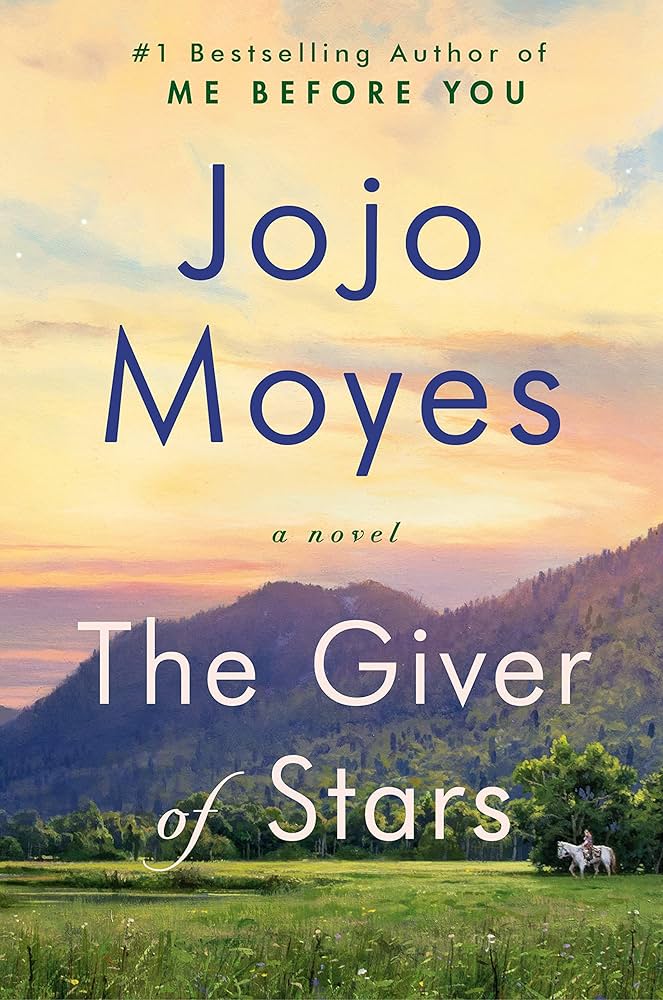Chapter 19
byChapter 19 unfolds as Van Cleve seizes an opportunity to shift the town’s focus away from his own questionable dealings by orchestrating Margery O’Hare’s arrest. Upon learning about McCullough’s body being discovered, he wastes no time storming into the sheriff’s office, pushing for Margery to be charged with murder. Van Cleve paints her as a dangerous influence on the town, accusing her of poisoning the minds of women—including his own family—through her work with the Packhorse Library. He frames the situation as more than just a crime; he portrays Margery as a destabilizing force, an outsider whose ideas threaten the moral foundation of Baileyville. Using the O’Hare-McCullough family feud as a convenient backdrop, he fabricates a narrative in which Margery’s long-standing conflict with the McCulloughs makes her the obvious suspect. However, despite Van Cleve’s fervent insistence, the sheriff remains hesitant, recognizing that the evidence against Margery is flimsy at best.
The tension in Baileyville escalates as the arrest is carried out in a dramatic scene at the library, sending shockwaves through the community. Margery, in the midst of her daily routine, is blindsided when the sheriff arrives with a warrant, citing witness testimony from Nancy Stone, who claims she overheard Margery near the crime scene before a gunshot rang out. The library, once a sanctuary of knowledge and progress, is suddenly transformed into the setting of an unjust arrest, leaving Alice, Beth, Izzy, and the other librarians in stunned silence. Despite their protests and efforts to discredit the accusations, the sheriff proceeds with the arrest, citing the discovery of a library book near McCullough’s body as damning evidence. Margery is handcuffed and led out into the street, where townspeople gather in morbid curiosity, some whispering in disbelief, others eager to accept the accusation without question. The moment becomes a stark reminder of how quickly a town’s loyalty can shift, especially when prejudice and old feuds cloud the truth.
As Margery is taken into custody, the librarians and her closest allies scramble to comprehend the severity of the situation and formulate a plan to fight the charges. Van Cleve, fully aware of the town’s deep-seated biases, capitalizes on the opportunity to ensure Margery remains behind bars, manipulating public opinion to serve his own interests. He fuels the community’s hysteria by painting Margery as a corrupting influence, reinforcing the idea that her defiance of traditional gender roles and her independence have finally caught up with her. The whispers of “the murdering librarian” spread rapidly, deepening the divide between those who believe in her innocence and those eager to see her punished. Meanwhile, Alice, Fred, and the other librarians rally behind Margery, determined to expose the flaws in the accusations against her and fight against the oppressive forces working to silence her.
Inside the cramped, dimly lit jail cell, Margery grapples with the crushing weight of her predicament. The conditions are deplorable, the air thick with the scent of unwashed bodies, and the noise of other prisoners provides no solace. Pregnant and exhausted, she is left to contend with the harsh reality of her circumstances, the suffocating isolation, and the knowledge that she is at the mercy of a deeply biased system. Despite the occasional kindness shown by Deputy Dulles, who offers her a blanket and a few words of reassurance, the overwhelming fear of what’s to come gnaws at her resolve. The taunts from fellow inmates and the dismissive attitude of the guards remind her that, in the eyes of many, she is already guilty, her fate seemingly sealed before a fair trial can even take place.
As night falls over Baileyville, the town remains divided, with some quietly questioning the truth while others revel in the scandal. Alice and her friends gather in hushed urgency, knowing that proving Margery’s innocence will be an uphill battle against a system that favors men like Van Cleve. Despite the odds, they refuse to abandon her, vowing to uncover the truth and fight for the woman who had, for so long, fought for them and the freedom to read, learn, and exist on their own terms. In the stillness of the jail, Margery clings to the thought of her unborn child, a fragile yet powerful reminder that she still has something worth fighting for. The chapter closes with a heavy sense of foreboding, as the battle for justice begins—not just for Margery, but for the very future of the library and the ideals it represents in a town on the brink of change.


